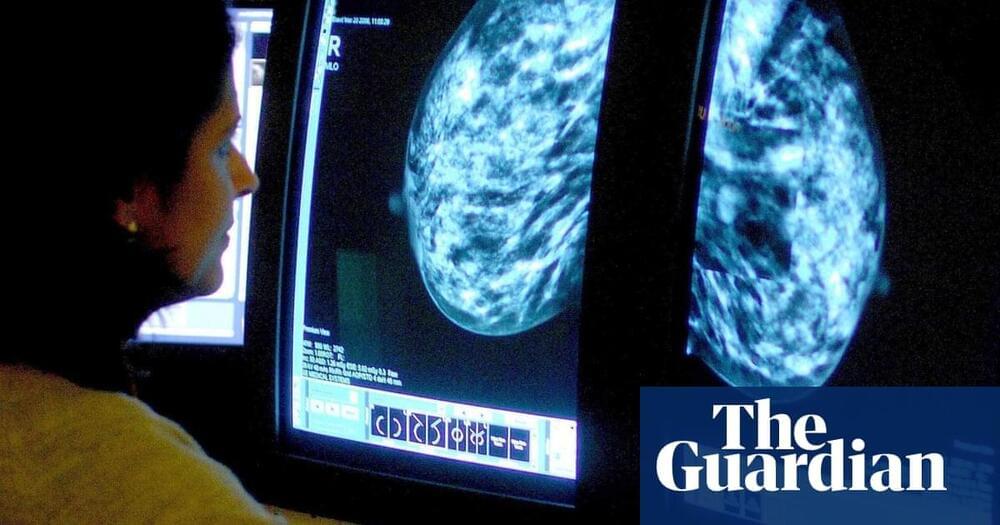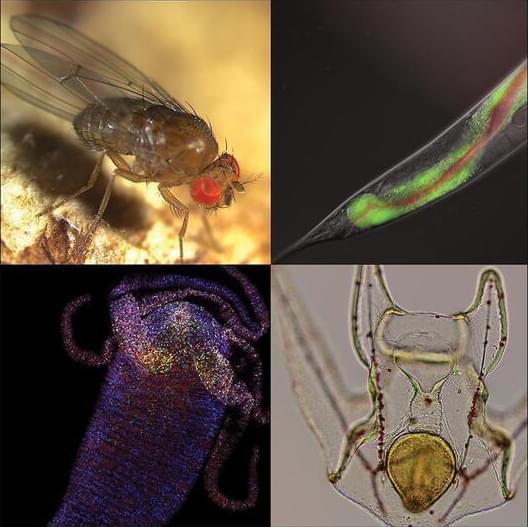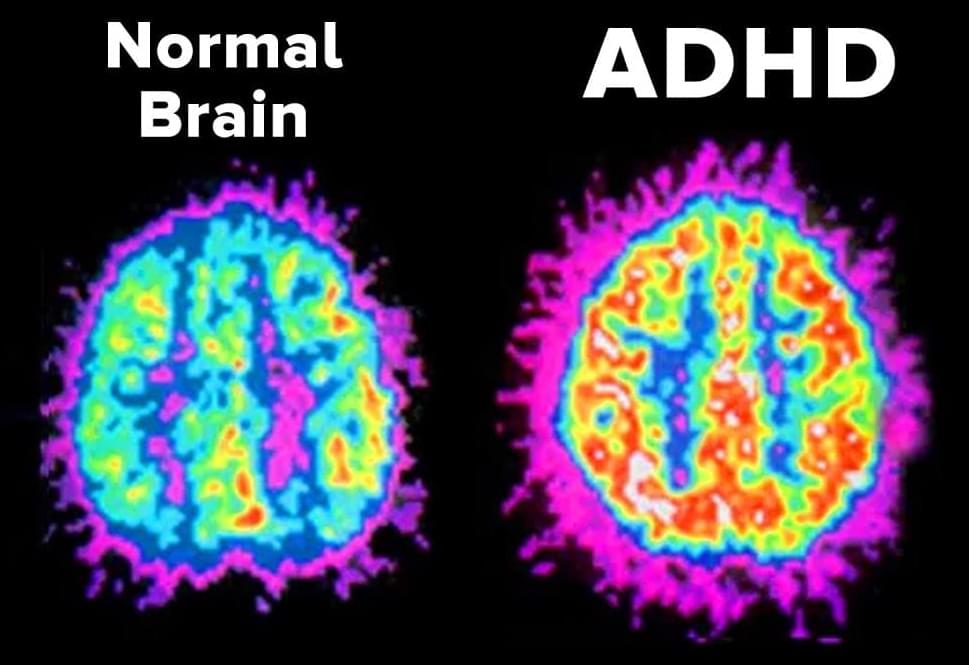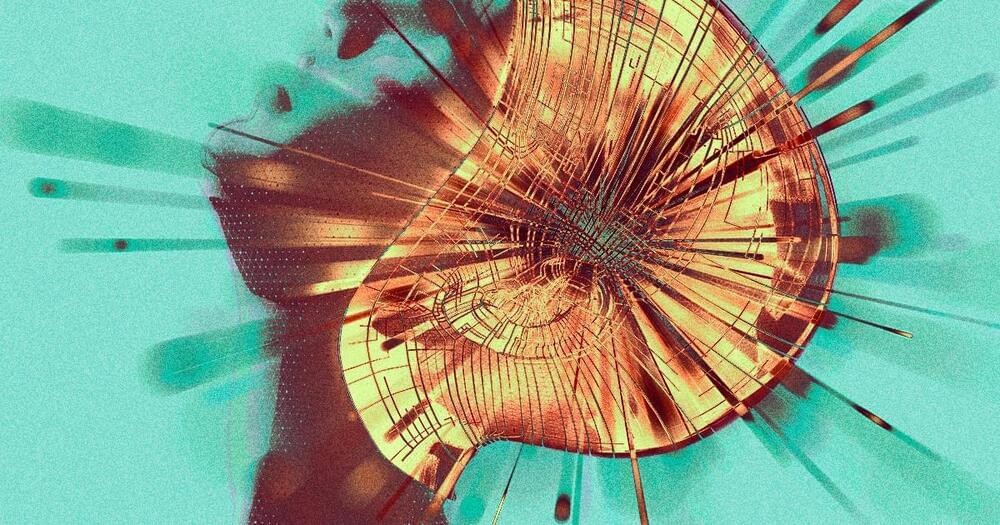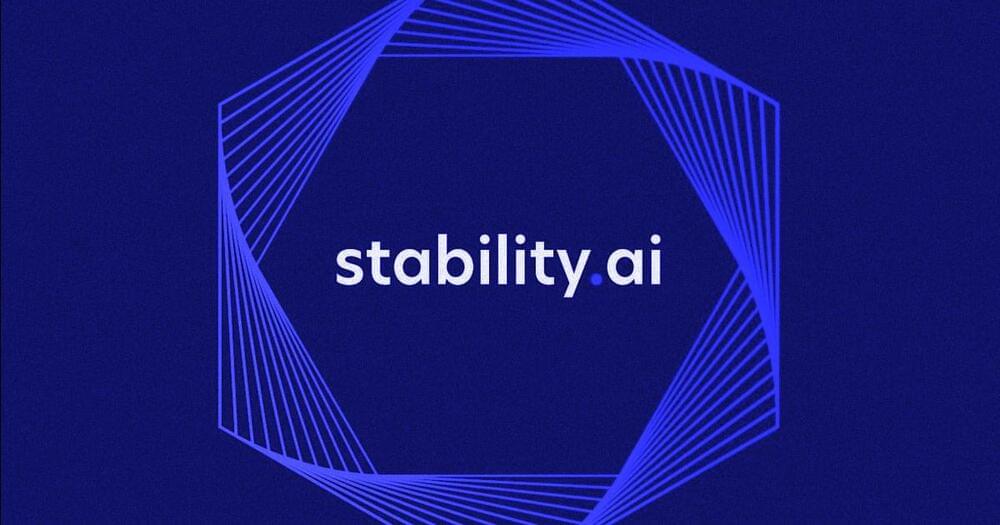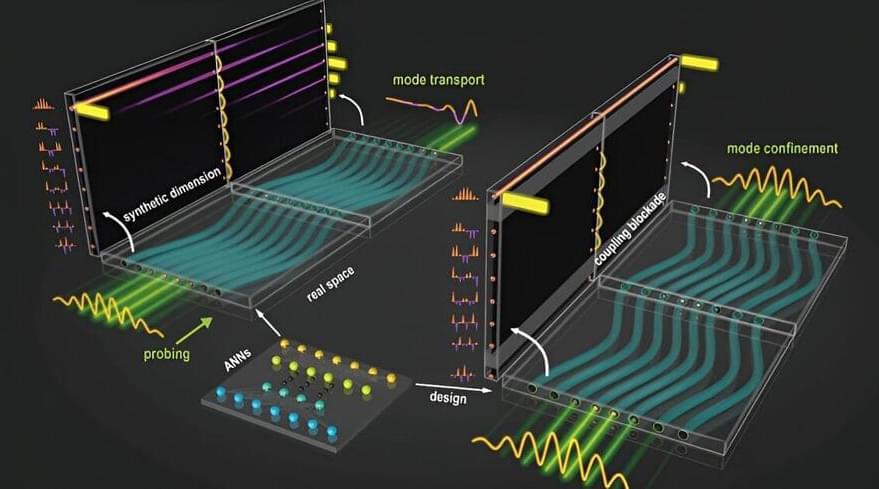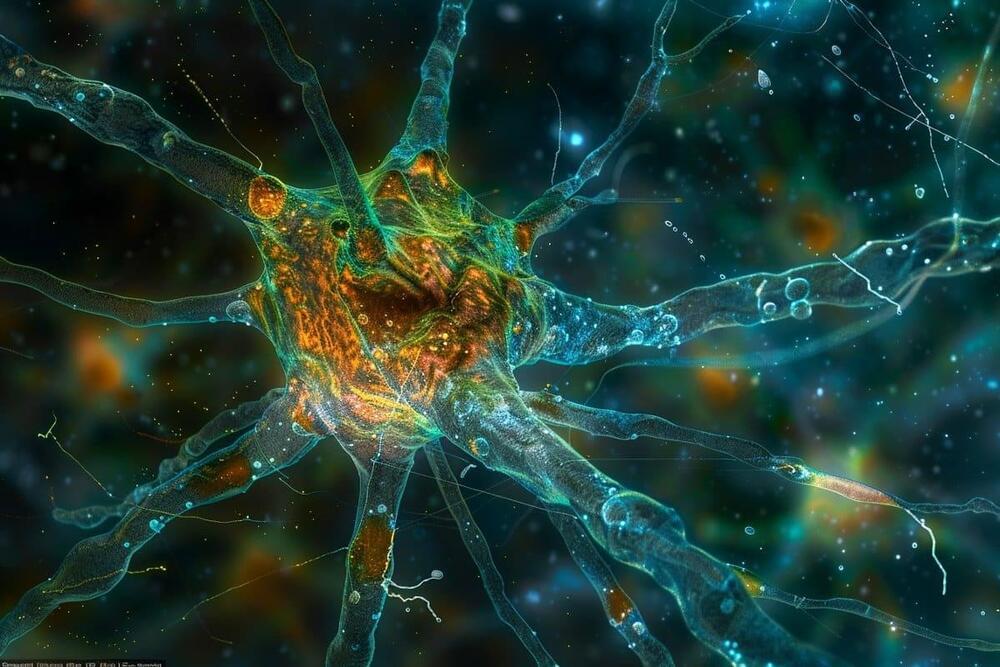
Researchers have made a pioneering discovery that astrocytes, cells within the central nervous system traditionally not associated with immune functions, are capable of developing what’s being called an “immune memory.” This capability…
Summary: Astrocytes, traditionally non-immune cells within the central nervous system, possess the ability to develop an immune memory, responding more vigorously to subsequent immune challenges. This groundbreaking study reveals that through an epigenetic mechanism involving the enzymes p300 and ATP-citrate lyase (ACLY), astrocytes enhance their pro-inflammatory responses, a trait similar to the immune memory seen in adaptive immunity.
The findings, which have been observed in both mouse models of multiple sclerosis (MS) and human cell samples, suggest that astrocyte immune memory may play a significant role in chronic neurological disorders, offering new insights into disease pathology and potential therapeutic targets to mitigate CNS inflammation.

